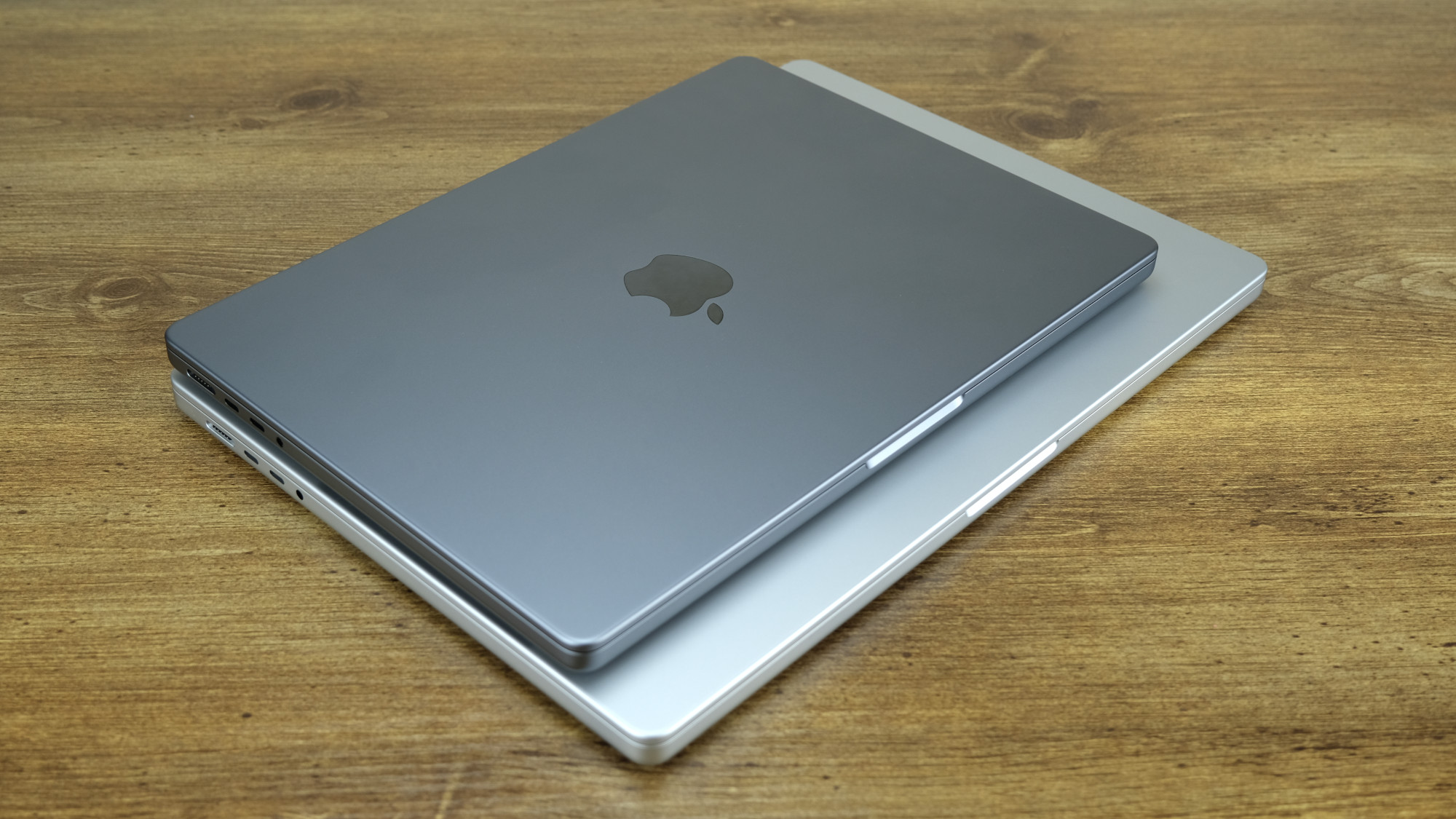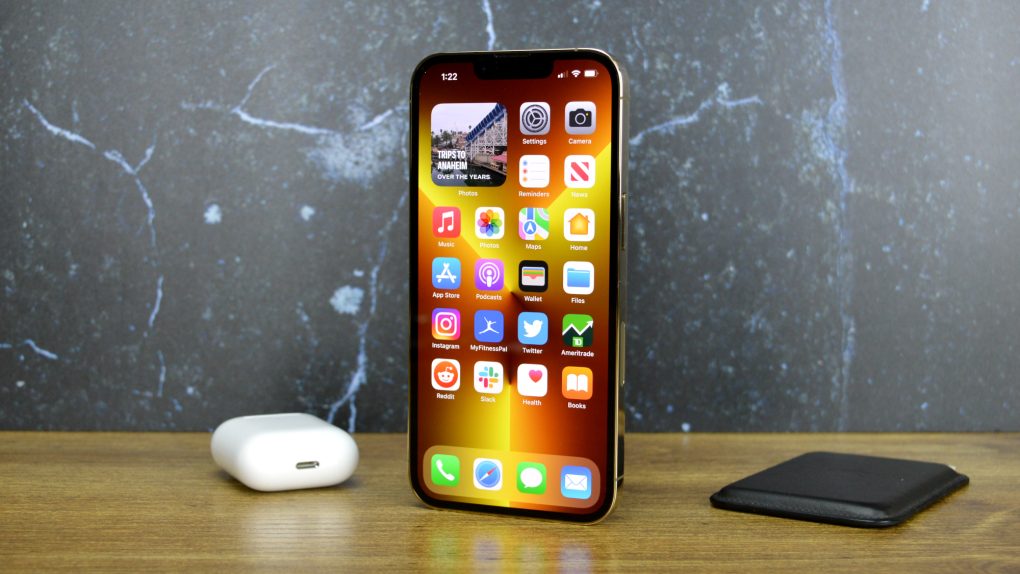One of the iPhone’s key features is the custom A-series chip that powers Apple’s best-sold product. The A-series processor is the Holy Grail for everyone else in the business. But just as rivals have been trying to catch up with Apple and outperform the iPhone, the company has been scaling up the A-series design. The M1-series chips inside several Mac models and the newest iPad Pro represent a massive threat to Intel. They’re also proof that Arm chips might be a better choice for traditional computers. As Intel is bashing the MacBook in ads, more companies are reportedly working on M1-like silicon of their own. Meanwhile, Apple is supposedly ramping up efforts to produce other key chips for the iPhone and the interconnected world of Apple devices. A new report says that Apple intensified its efforts to create custom wireless chips.
The Apple wireless chips
A new Bloomberg story says that Apple is hiring engineers for a new office in Southern California. The semiconductors team will develop wireless chips that might replace the current solutions from Broadcom and Skyworks that Apple uses.
Apple is looking for engineers in Irvine, where Broadcom, Skyworks, and others have offices. The report notes that it’s customary for Apple to open offices near suppliers, including those Apple is looking to replace eventually.
Recent job listings show that Apple is looking for employees with experience in modems and other wireless technologies. These are the kind of chips that you’d find in iPhone, iPad, Mac, Apple Watch, or AirPods. Practically any Apple smart device supports some sort of wireless connection.
Apple has bought Intel’s 5G chip division for $1 billion to develop its own 5G modem for the iPhone. But the new effort will cover more wireless technologies that require specialized chips.
Bloomberg says the Irvine team will work on wireless radios, radio-frequency integrated circuits, and a wireless System-on-Chip (SoC). Moreover, they’ll develop chips for Bluetooth and Wi-Fi.

It’s not just about the iPhone
By creating its own chips, Apple is looking to control its supply chain for the iPhone and other products that feature various wireless connectivity options. A recent report explained how the current chip shortage hurt iPhone 13 sales this year. That report indicated that shortages concerning cheap semiconductors impacted production, not the A15 high-end custom SoC in the iPhone. It’s power management and connectivity chips that hindered iPhone 13 production, the report said.
Also, Apple can save money and reduce its reliance on rivals by developing its own wireless chips for the iPhone. It can also help it keep some connectivity innovations secret from prying eyes, especially in a future where the wireless component will become even more important.
One of the iPhones of the future will have no buttons or ports. That’s the kind of iPhone that will recharge wirelessly. And it will use wireless connections to transfer data securely to other gadgets and computers. That’s where Apple’s custom wireless chips will come in handy.
Moreover, Apple is working on advanced virtual and augmented reality glasses that will connect wirelessly to the iPhone, iPad, and Mac. The Apple Car of the future will also likely use wireless protocols to “talk” to all of the other devices the user will handle.
It’s not just 5G modems that might be important in Apple’s world of inter-connected devices. Wi-Fi, Bluetooth, NFC, and UWB are all wireless technologies that Apple devices handle. That’s why Apple’s big push to make its own custom wireless chips is so important, as it’ll impact every future Apple product, not just next-gen iPhone versions.
As always with such reports, there’s no telling when Apple will start using its custom wireless chips in the iPhone and other gadgets. It could be several years until these rumored investments pay off.








